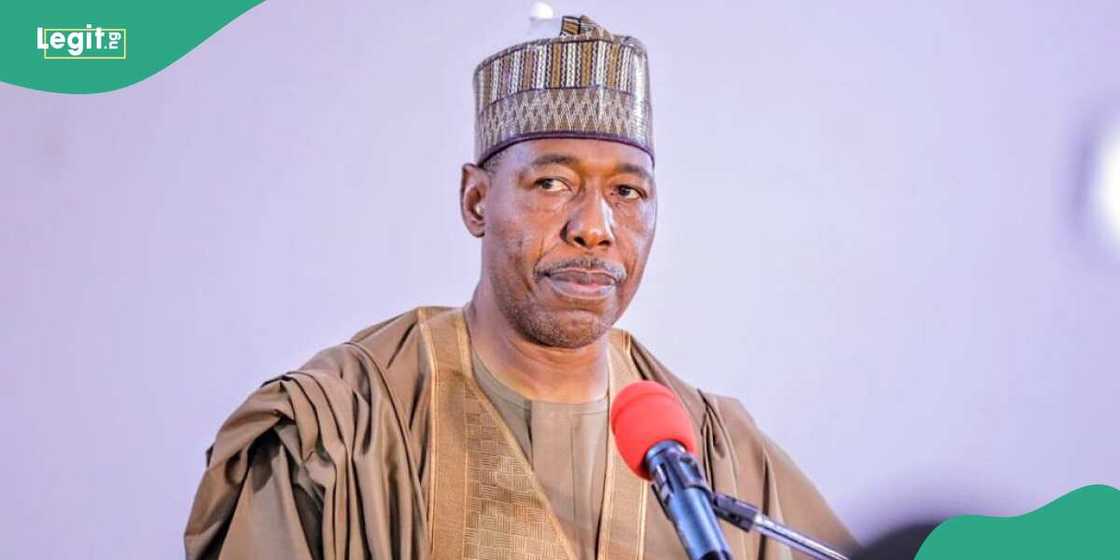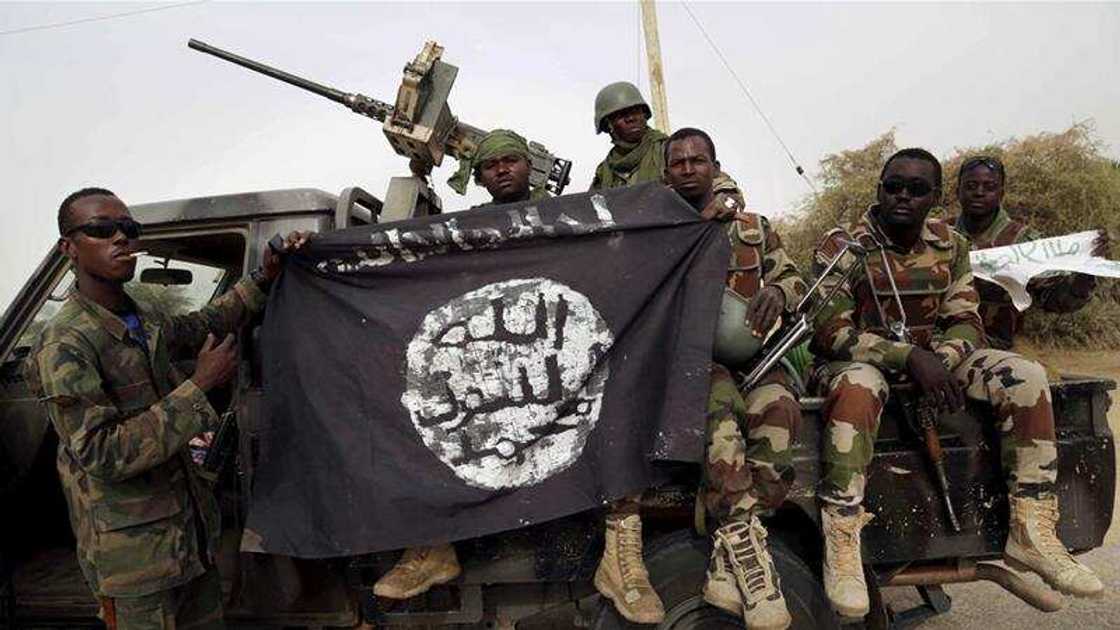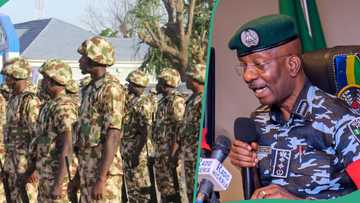Nigeria’s Defence Spending Tops N12.6trn in War Against Boko Haram
- Despite trillions in defence allocations since 2009, Nigeria’s fight against Boko Haram has yielded limited success, with insecurity persisting across the North-East
- The insurgency has grown deadlier over time, claiming over 100,000 lives and displacing millions, despite multiple counterterrorism operations and foreign support
- Grassroots efforts like the Civilian Joint Task Force have emerged as vital local defences, as questions mount over the effectiveness of federal strategies and resource management
The 2009 killing of Boko Haram’s founding leader, Mohammed Yusuf, was widely expected to halt the group’s uprising in the North-East. Instead, reported Weekend Trust, Yusuf’s death in Maiduguri, Borno State, marked the beginning of a bloody insurgency that transformed Boko Haram into one of the world’s deadliest terrorist organisations.
Since then, successive Nigerian administrations—from late President Umar Musa Yar’adua to those that followed—have funnelled vast resources into counterterrorism efforts. Yet, despite strategic plans and heavy expenditure, the violence has not abated.

Source: Facebook
Federal government defence budget tops N12.607trn
According to Nigeria’s annual budget records cited by Weekend Trust, the Ministry of Defence received about N12.607 trillion in allocations between 2009 and 2025. Although exact figures dedicated to anti-Boko Haram operations remain unclear, a large proportion of the funding is believed to have supported arms procurement and military logistics.
Yearly allocations grew steadily over time, surging from N223 billion in 2009 to a record N2.341 trillion in 2025. This excludes foreign aid and the $1 billion withdrawn from Nigeria’s Excess Crude Account in 2018 for Tucano jets and Navy helicopters under the Buhari administration.
Despite the financial commitment, insecurity has remained widespread, prompting concerns about mismanagement, corruption, and institutional inefficiencies.
Civilian death toll continue to rise
As of 2017, former Borno State governor Kashim Shettima reported that Boko Haram had killed 100,000 people and displaced over two million residents. Weekend Trust noted that the violence escalated further in subsequent years, with the group continuing its reign of terror across the region.
Under the Yar’adua government, Nigerian police led efforts to dismantle the emerging terrorist group, resulting in Yusuf’s death. However, under President Goodluck Jonathan, Boko Haram’s activities intensified, leading to full military intervention in the North-East.
Emergency declarations met with limited success
In June 2011, the federal government launched Operation Restore Order, a multi-agency task force including the military, police, and State Security Service. Despite the initiative, Boko Haram executed a deadly raid in Bama on May 8, 2013, killing over 50 and freeing more than 100 prison inmates.
Jonathan subsequently declared a state of emergency in Borno, Yobe, and Adamawa. He had earlier taken similar steps on December 31, 2011 in response to Christmas Day bombings that left 37 people dead.
The military rebranded its operations multiple times—first to Operation Boyona in 2013, and later to Operation Zaman Lafiya—while the Jonathan administration sought international collaboration, notably from Germany and the United States.
Nevertheless, Boko Haram’s resilience persisted. In April 2014, militants abducted 276 girls from Government Girls’ Secondary School, Chibok—a mass kidnapping that shocked the world and underscored the inadequacy of the counterinsurgency efforts. Jonathan later proposed amnesty for group members.
Local vigilante forces take initiative Amid the escalating crisis, grassroots initiatives emerged. In 2013, Borno residents formed the Civilian Joint Task Force (CJTF), a community-driven effort to identify insurgents and support military operations. Armed with rudimentary weapons and local knowledge, CJTF members helped reclaim neighbourhoods and were gradually integrated into official security frameworks.
Weekend Trust reported that similar efforts by vigilante groups and Community Task Forces played vital roles in regions where conventional security agencies were overstretched.
Despite the billions spent and multiple strategic shifts over 16 years, the Boko Haram insurgency remains a formidable threat, raising urgent questions about Nigeria’s long-term approach to national security and counterterrorism.

Source: Getty Images
Nigerians prolonging wars against Boko Haram
Legit.ng earlier reported that Femi Adesina, media and publicity adviser to President Muhammadu Buhari, has stated that only God can help Nigeria defeats its challenges on security.
The media aide made this known on Thursday, January 14, in a piece "The Decent for the Indecent, the Just for the Unjust", asking Nigerians if they ever prayed for the troops at the frontline of the war against insurgency.
According to him, Nigeria must include the men of Nigerian security forces in their prayers while praying for material things like cars and money.
Source: Legit.ng




